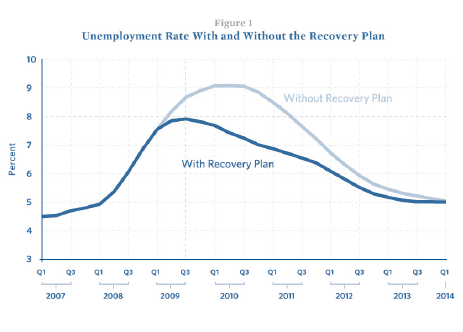The accepted meaning of ear-mark is an amendment to a bill that provides funding for a single project or expenditure that takes place in a single state or congregational district. So far I have not heard any thing in the house version or the currently in-flux senate bill that fits that definition. Traditional examples of ear-marks are having a museum built in a particular town represented by a a powerful Rep or a bridge built in the State of a powerful Senator.
Even the parts of the stimulus bill that Republicans have been critical of have all been national level programs, even in cases ware the money is spent locally or passes through state and local governments its destination is not written into the bill. If DD has specific instances of real ear-marks then please by all means point them out for us.
Even the parts of the stimulus bill that Republicans have been critical of have all been national level programs, even in cases ware the money is spent locally or passes through state and local governments its destination is not written into the bill. If DD has specific instances of real ear-marks then please by all means point them out for us.

 ) and it would still be a bad idea. We're about to spend ~$800 billion on a stimulus that probably won't work, especially given that a quarter of the spending won't even happen in time to have a stimulus effect. Combined with TARP and the other bailouts, this amount of spending will push the national debt to unprecedented levels.
) and it would still be a bad idea. We're about to spend ~$800 billion on a stimulus that probably won't work, especially given that a quarter of the spending won't even happen in time to have a stimulus effect. Combined with TARP and the other bailouts, this amount of spending will push the national debt to unprecedented levels.




Comment